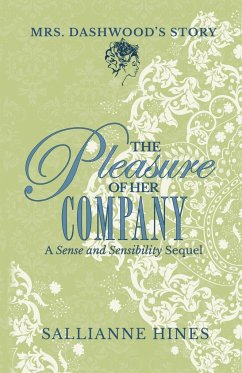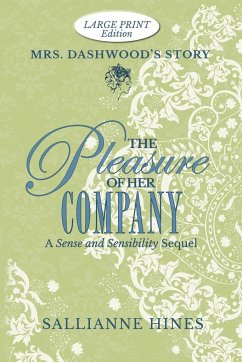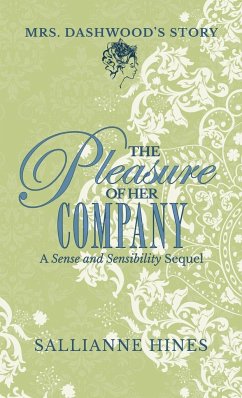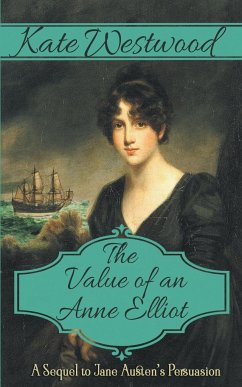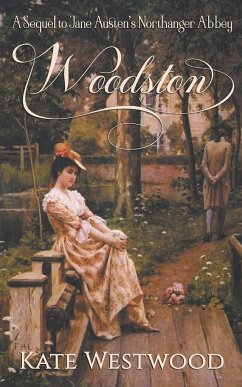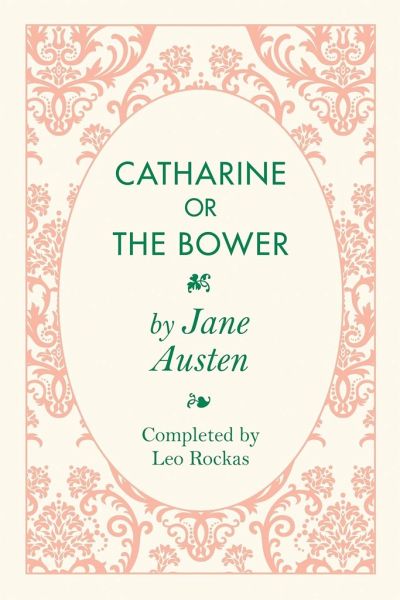
Catharine or the Bower
Versandkostenfrei!
Versandfertig in 1-2 Wochen
12,99 €
inkl. MwSt.

PAYBACK Punkte
6 °P sammeln!
Catharine, when disciplined by her affectionate aunt Mrs Percival, retires to the bower, where she finds relief. Her good friends the Wynnes have been separated from each other by the death of their parents. On a visit from Mr and Mrs Stanley of London, Catharine and Camilla become dubious friends, and Edward appears as a dashing possible suitor. On a visit to London, Catharine is reconnected to the Wynne brothers and eventually their sisters. Mr Stanley admires and finds suitable places for the Wynne brothers, and his son returns from a journey abroad. London is now the location of Catharine ...
Catharine, when disciplined by her affectionate aunt Mrs Percival, retires to the bower, where she finds relief. Her good friends the Wynnes have been separated from each other by the death of their parents. On a visit from Mr and Mrs Stanley of London, Catharine and Camilla become dubious friends, and Edward appears as a dashing possible suitor. On a visit to London, Catharine is reconnected to the Wynne brothers and eventually their sisters. Mr Stanley admires and finds suitable places for the Wynne brothers, and his son returns from a journey abroad. London is now the location of Catharine and her cousins, the two Wynne brothers and the two Wynne sisters, as well as colorful friends of Camilla Stanley--resulting in various attachments between the young people, and eventual pairings, some of them quite unexpected.






